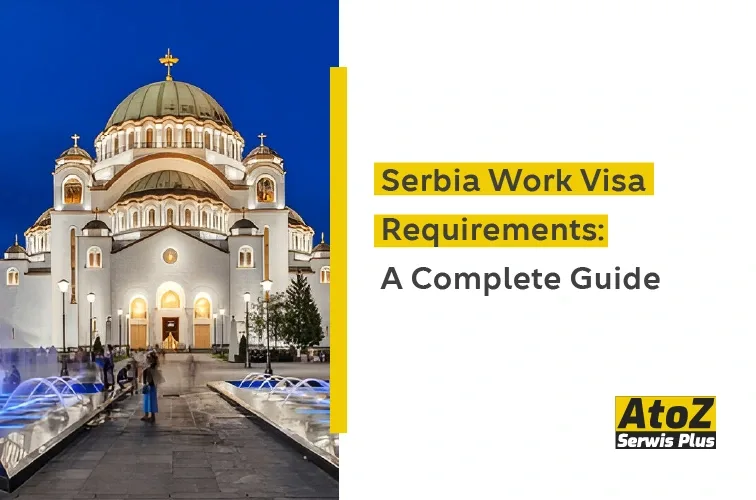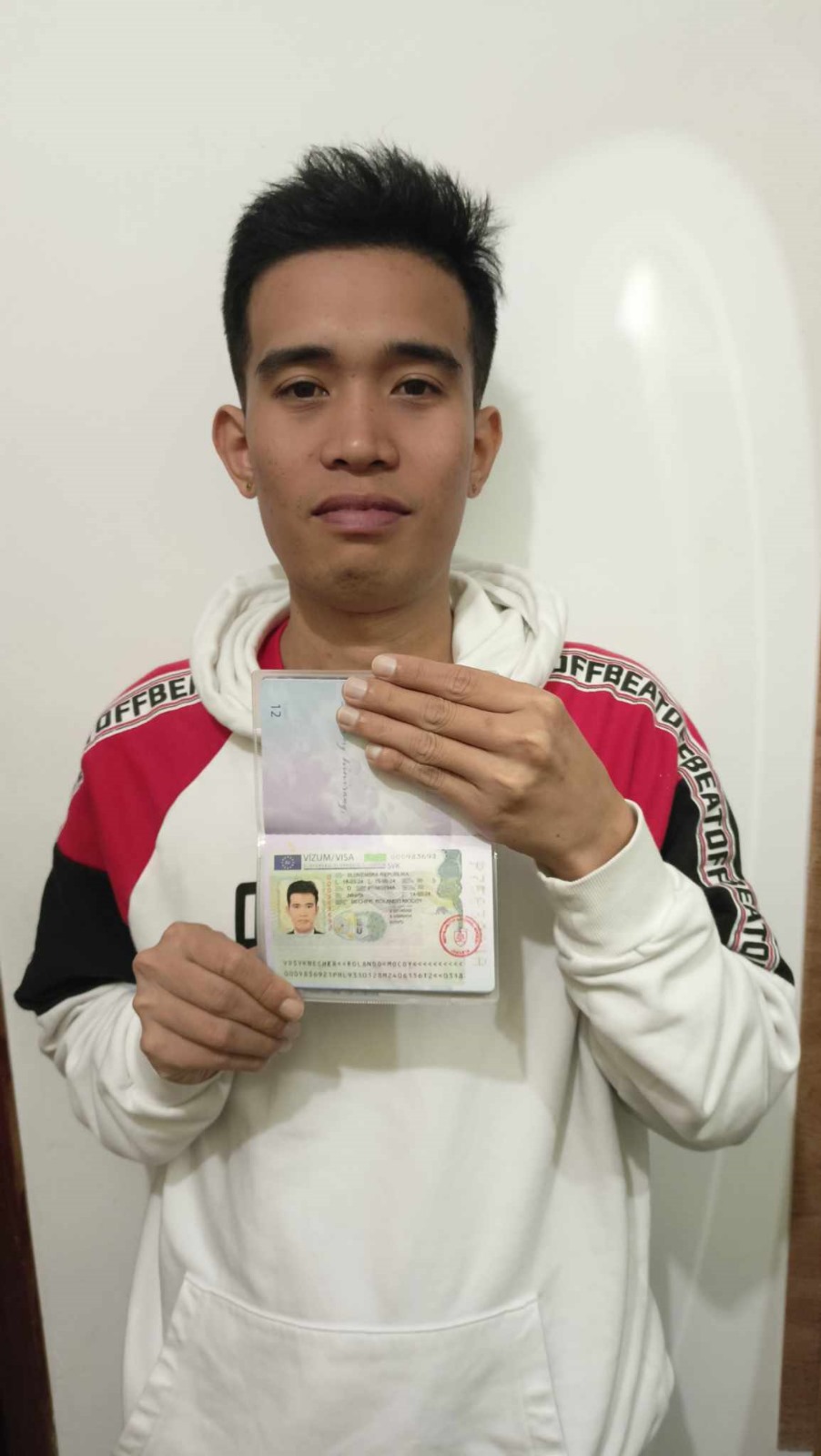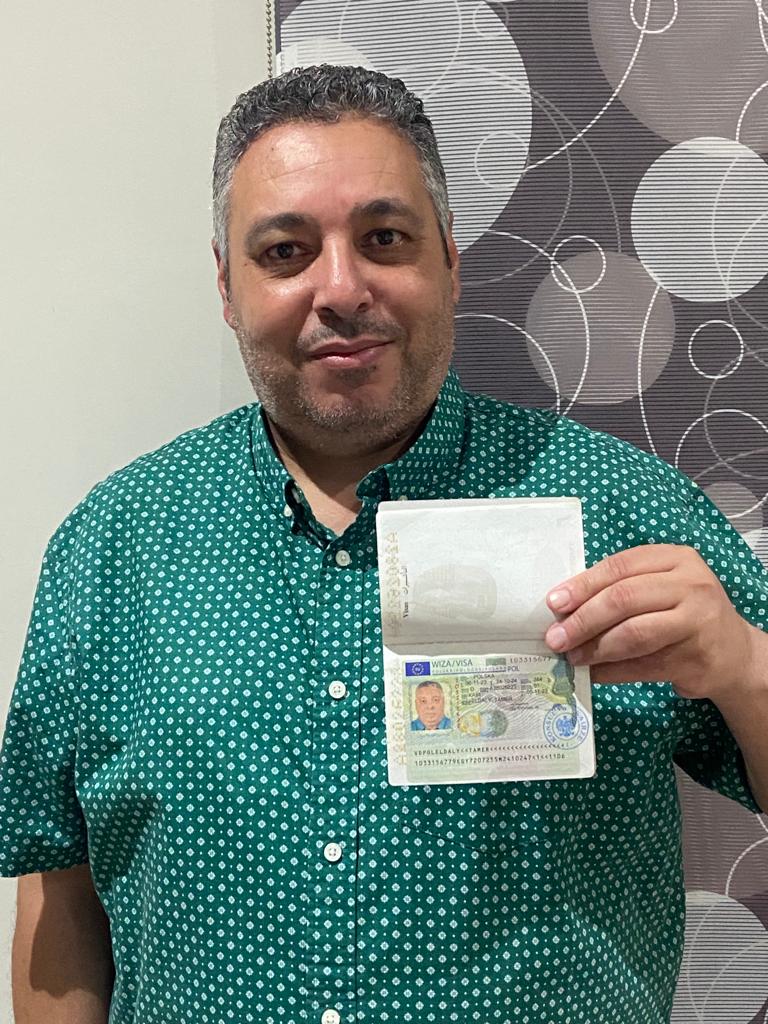

Serbia Work Visa Requirements: A Complete Guide
Work Visa Requirements in Serbia
Are you dreaming of embarking on a new professional journey in the heart of the Balkans? ?? With its rich cultural heritage and growing economy, Serbia is becoming an increasingly attractive destination for international workers. However, navigating the maze of work visa requirements can be daunting for even the most seasoned expats.
Picture this: You've landed your dream job in Belgrade but suddenly become overwhelmed by paperwork and confusing regulations. Don't let visa stress dampen your excitement! Whether you're a skilled professional, an entrepreneur, or a seasonal worker, understanding Serbia's work visa system is crucial for turning your Serbian work aspirations into reality.
In this comprehensive guide, we'll walk you through everything you need about work visa requirements in Serbia. From the various types of visas available to the application process and employer responsibilities, we've got you covered. Let's dive in and unlock the doors to your Serbian work adventure!
Types of Work Visas in Serbia
A. Temporary Work Permit
A Temporary Work Permit is the most common work visa for foreigners in Serbia. It's typically valid for up to one year and can be renewed. This permit is ideal for:
-
Skilled professionals on short-term assignments
-
Seasonal workers in agriculture or tourism
-
Intra-company transferees
To obtain a Temporary Work Permit, applicants must have:
-
A job offer from a Serbian employer
-
Proof of qualifications
-
Clean criminal record
-
Valid passport
|
Pros |
Cons |
|---|---|
|
Relatively easy to obtain |
Limited duration |
|
Can be renewed |
Tied to specific employer |
|
Allows family members to join |
Renewal process can be complex |
B. Permanent Work Permit
For those planning to work in Serbia long-term, a Permanent Work Permit is the best option. This permit is valid indefinitely and offers more flexibility.
Eligibility criteria include:
-
Living in Serbia for at least 5 years
-
Demonstrating integration into Serbian society
-
Having a stable income
C. Seasonal Work Permit
The Seasonal Work Permit caters to industries with fluctuating labor needs, such as agriculture and tourism. Key features:
-
Valid for up to 6 months per year
-
Can be issued for multiple consecutive years
-
Simplified application process
D. Special Cases Work Permit
This category covers unique situations, including:
-
Highly skilled professionals
-
Investors creating jobs in Serbia
-
Refugees and asylum seekers
Each case is evaluated individually, with specific requirements based on the applicant's circumstances.
Now that we've covered the types of work visas available in Serbia, let's examine the eligibility criteria for each in more detail.
Eligibility Criteria for Serbian Work Visas
Qualifications and Experience
To obtain a work visa in Serbia, applicants must meet specific qualifications and experience requirements. These criteria vary depending on the type of work visa and the nature of the job. Generally, Serbia prioritizes skilled workers who can contribute to the country's economy.
-
Minimum education level (usually a bachelor's degree)
-
Relevant work experience (typically 3-5 years)
-
Professional certifications or licenses (if applicable to the field)
Job Offer Requirements
A valid job offer from a Serbian employer is crucial for obtaining a work visa. The job offer must meet certain criteria to be considered eligible:
|
Requirement |
Description |
|---|---|
|
Salary |
Must meet or exceed the Serbian minimum wage |
|
Contract Duration |
Usually a minimum of one year |
|
Job Description |
Should match the applicant's qualifications |
|
Labor Market Test |
Employer must prove no suitable local candidates are available |
Age Restrictions
While there are no strict age limits for work visas in Serbia, certain factors may influence the application:
-
Minimum age: 18 years old
-
Retirement age: 65 for men, 63 for women (may affect long-term visa prospects)
Language Proficiency
Language requirements for work visas in Serbia depend on the nature of the job and the employer's needs:
-
Serbian language: Not always mandatory, but highly beneficial
-
English language: Often required for international companies
-
Proof of proficiency: May include language certificates or tests
Now that we've covered the eligibility criteria, let's explore the application process for Serbian work visas.
Application Process for Serbian Work Visas
A. Required Documents
To apply for a Serbian work visa, you'll need to gather several essential documents. Here's a comprehensive list:
-
Valid passport (valid for at least 6 months beyond your intended stay)
-
Completed visa application form
-
Passport-sized photographs (recent, color)
-
Proof of accommodation in Serbia
-
Employment contract or job offer letter
-
Proof of qualifications and work experience
-
Police clearance certificate from your home country
-
Health insurance coverage for Serbia
-
Proof of sufficient funds
B. Application Submission Methods
There are two primary methods to submit your Serbian work visa application:
-
In-person at a Serbian embassy or consulate
-
Online through the official Serbian e-Visa portal
|
Method |
Pros |
Cons |
|---|---|---|
|
In-person |
Personal assistance, immediate document verification |
Time-consuming, travel may be required |
|
Online |
Convenient, 24/7 access, faster processing |
Limited personal assistance, potential technical issues |
C. Processing Times
The processing time for a Serbian work visa typically ranges from 2 to 4 weeks. However, this can vary depending on several factors:
-
Completeness of your application
-
Current workload of the Serbian immigration authorities
-
Complexity of your case
-
Time of year (peak seasons may cause delays)
D. Application Fees
Application fees for a Serbian work visa vary based on the type and duration of the visa. Here's a general breakdown:
-
Short-term work visa (up to 90 days): €80
-
Long-term work visa (up to 1 year): €100
-
Skilled worker visa: €120
Note that these fees are subject to change and may vary depending on your nationality and the specific visa category you're applying for.
Now that we've covered the application process, let's explore the responsibilities that employers have when hiring foreign workers in Serbia.
Employer Responsibilities
A. Labor Market Test
Before hiring a foreign worker, Serbian employers must conduct a labor market test. This process aims to ensure that no qualified Serbian or EU citizens are available for the position.
Steps for Labor Market Test:
-
Advertise the job locally for at least 15 days
-
Review applications from Serbian and EU citizens
-
Document reasons for rejecting local candidates
-
Submit results to the National Employment Service
|
Requirement |
Duration |
Purpose |
|---|---|---|
|
Job Advertisement |
15+ days |
Attract local talent |
|
Application Review |
Varies |
Assess local candidates |
|
Documentation |
Ongoing |
Justify foreign hire |
|
Submission to NES |
After process |
Obtain approval |
B. Work Permit Sponsorship
Employers must sponsor foreign workers for their work permits. This involves:
-
Preparing necessary documentation
-
Submitting the application on behalf of the employee
-
Paying associated fees
C. Legal Obligations
Employers have several legal responsibilities when hiring foreign workers in Serbia:
-
Ensure compliance with labor laws
-
Provide health insurance coverage
-
Register employees with tax authorities
-
Maintain accurate employment records
D. Employee Rights Protection
Serbian law mandates equal treatment of foreign workers. Employers must:
-
Offer fair wages and working conditions
-
Provide safe working environments
-
Allow union participation
-
Respect cultural and religious differences
Now that we've covered employer responsibilities, let's explore the duration and renewal process for work visas in Serbia.
Duration and Renewal of Work Visas
A. Initial Validity Period
The initial validity period for work visas in Serbia typically ranges from 90 days to one year, depending on the type of visa and the nature of employment. Here's a breakdown of common work visa durations:
|
Visa Type |
Initial Validity |
|---|---|
|
Temporary Work Visa |
90 days to 6 months |
|
Long-term Work Visa |
6 months to 1 year |
|
Seasonal Work Visa |
Up to 6 months |
|
Intra-company Transfer |
1 year |
B. Extension Procedures
To extend a Serbia work visa, follow these steps:
-
Submit an extension application at least 30 days before visa expiration
-
Provide updated employment contract and proof of continued employment
-
Present valid passport and current work visa
-
Submit proof of health insurance coverage
-
Pay the applicable extension fee
C. Changing Employers
When changing employers in Serbia:
-
Notify the Serbian Immigration Office within 15 days of employment termination
-
Obtain a new job offer and employment contract
-
Apply for a new work permit with the new employer as the sponsor
-
Submit all required documentation, including the new employment contract
D. Path to Permanent Residency
After residing in Serbia for a certain period, work visa holders may be eligible for permanent residency. Key points include:
-
Continuous legal residence in Serbia for at least 5 years
-
Proof of stable income and accommodation
-
Proficiency in Serbian language
-
Clean criminal record
-
Integration into Serbian society
Now that you understand the duration and renewal process for work visas in Serbia, let's explore what it's like to live and work in this vibrant country.
Living and Working in Serbia
Housing and Accommodation
Finding suitable housing in Serbia can be an exciting part of your relocation process. Here are some options to consider:
-
Apartments: Most common in urban areas
-
Houses: Available in suburban and rural regions
-
Temporary accommodations: Hotels and hostels for short-term stays
|
Accommodation Type |
Pros |
Cons |
|---|---|---|
|
Apartments |
Central locations, modern amenities |
Limited space, potentially noisy |
|
Houses |
More space, privacy |
Higher maintenance, often further from city centers |
|
Temporary |
Flexibility, no long-term commitment |
Higher cost, less homely |
Healthcare System Access
Serbia offers a public healthcare system that foreign workers can access once they obtain their work visa and residence permit. Key points to remember:
-
Register with the National Health Insurance Fund (RFZO)
-
Choose a primary care physician
-
Obtain a health insurance card for medical services
Taxation for Foreign Workers
Understanding your tax obligations is crucial when working in Serbia:
-
Personal income tax rate: 10% flat rate
-
Social security contributions: Approximately 19.9% of gross salary
-
Double taxation agreements: Serbia has agreements with many countries to avoid double taxation
Cultural Integration Tips
To make the most of your experience in Serbia:
-
Learn basic Serbian phrases
-
Participate in local festivals and events
-
Try traditional Serbian cuisine
-
Join expat groups for support and networking
Now that you're familiar with the essentials of living and working in Serbia, you'll be better prepared for your new adventure in this vibrant country.
Conclusion
Understanding Serbia's work visa requirements is crucial for foreign nationals seeking employment opportunities in this vibrant Balkan country. From temporary work permits to long-term visas, Serbia offers various options to suit different employment situations. The application process, while structured, requires careful attention to detail and compliance with eligibility criteria.
Employers play a significant role in facilitating work visas for their international employees, ensuring all necessary documentation is in order. As you embark on your Serbian work adventure, remember that staying informed about visa durations, renewal procedures, and the unique aspects of living and working in Serbia will contribute to a smooth and rewarding experience. Whether you're a skilled professional or an entrepreneur, Serbia's growing economy and rich cultural heritage offer exciting prospects for those ready to embrace the opportunity.

















